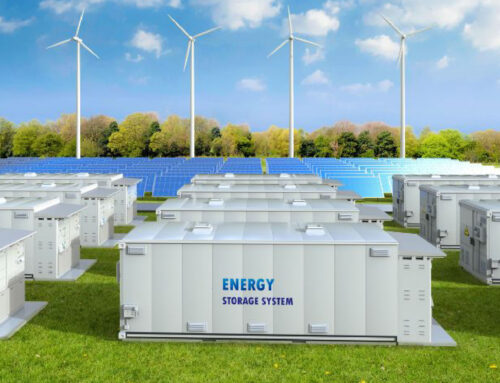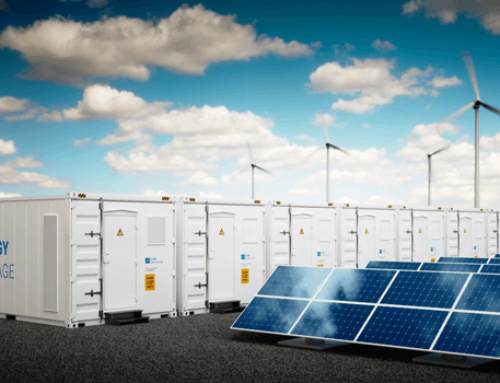
According to the policy, Karnataka will have a renewable power generation capacity of 10 GW in the next five years. Rooftop solar alone is expected to account for at least 1GW by 2027, according to the policy.
Several renewable energy parks, including some hybrid ones, will be built in Karnataka. The initiative aims to make Karnataka a manufacturing powerhouse for renewable energy equipment. In Karnataka’s hydel stations, there will also be a focus on floating solar power projects and hybrid power generation units.
By expanding power generation, the government also hopes to export large amounts of renewable energy to other states. The program has placed a strong emphasis on the state’s economic development by encouraging investments in the renewable energy sector. There will be unique green power corridors with a higher level of private sector participation, and power will be evacuated from these corridors.
The proposed strategy also envisions the formation of a market for balanced growth of storage capacity, which will aid in the increased output of renewable energy. This also aims to improve power supply dependability by ensuring renewable electricity availability 24 hours a day, seven days a week, and adding to the load factor of renewable energy plants.
Karnataka is already a power surplus state, with renewables accounting for more than half of the energy mix, according to Karnataka Power Corporation Ltd. Karnataka’s Chief Minister, Basavaraj Bommai, has stated that the state encourages solar research. A crucial factor that has possibly gone unmentioned is the potential for the state to take the lead in investing in huge batteries to store excess energy generation, particularly if it sees possibilities for exports to neighboring states.
The state cabinet has approved the implementation of PMKUSUM Category-B in the state, which will help 10,000 farmers by allowing them to build solar power systems. Karnataka has the most installed solar power capacity in the state, with roughly 7.3 GW, according to MNRE Minister RK Singh.
Click Here for more updates ornatesolar.com
Resource: Saur Energy







Leave A Comment